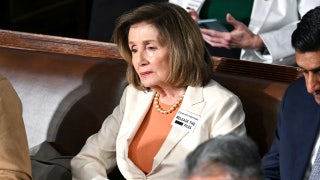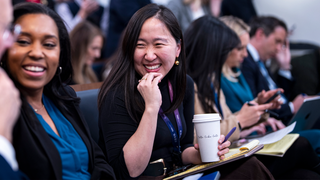LA County recommends masking up again amid COVID surge
Fox News medical contributor Dr. Janette Nesheiwat says it makes sense to make recommendations, but 'keep it optional for all' on 'The Story.'
Three Brown University academics called for the return of mask mandates Sunday, not just to stop the spread of disease, but also for their "helpful psychological benefits."
Research associate at Brown University's People, Place and Health Collective Abdullah Shihipar, assistant professor of epidemiology at the Brown University School of Public Health William Goedel, and postdoctoral research associate in epidemiology at the Brown University School of Public Health Abigail Cartus wrote a piece for NBC Think about the necessity of masking.
The writers warned that the "tripledemic" of "flu, Covid and RSV is a reminder that even as the pandemic ends, the threat of seasonal respiratory viruses remains."
The academics went on, "Thankfully, our toolkit for tackling them is similar to what works to suppress Covid alone, starting with the most basic and flexible level of protection: masking. When and where respiratory viruses are surging, mask mandates should be reinstated."
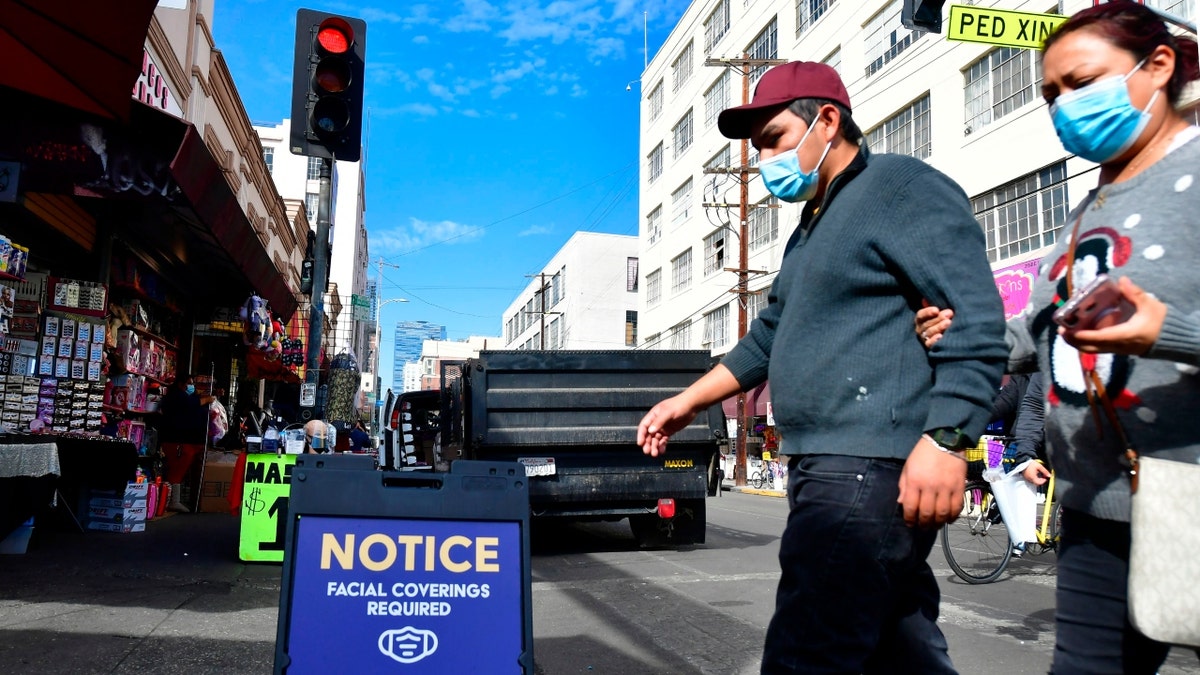
A signboard reminds people of the face covering requirement as pedestrians wear facemasks due to the coronavirus in Los Angeles, California on November 12, 2020. ((Photo by FREDERIC J. BROWN/AFP via Getty Images))
COVID MASK MANDATE: UBER, AMTRAK, AIRLINES DROPPING REQUIREMENTS FOR CUSTOMERS AND EMPLOYEES
The opinion piece made the claim that a "psychological benefit" of mask mandates is that citizenry does not have to decide for themselves "what is safe" in public life.
"Mask mandates not only stem the spread of diseases but also have helpful psychological benefits. It’s difficult for people to get adequate, high-quality information about risk and apply it in a society that has returned to pre-pandemic norms," the opinion said. "Promoting mask-wearing through official messaging (ideally supported by free provision of high-quality masks like N95s) removes the onus on individuals to figure out ‘what is safe.’"
The writers also suggested that a top-down demand on citizens to mask up "preempts the awkwardness of having to ask people to mask or of having to disclose a high-risk condition."
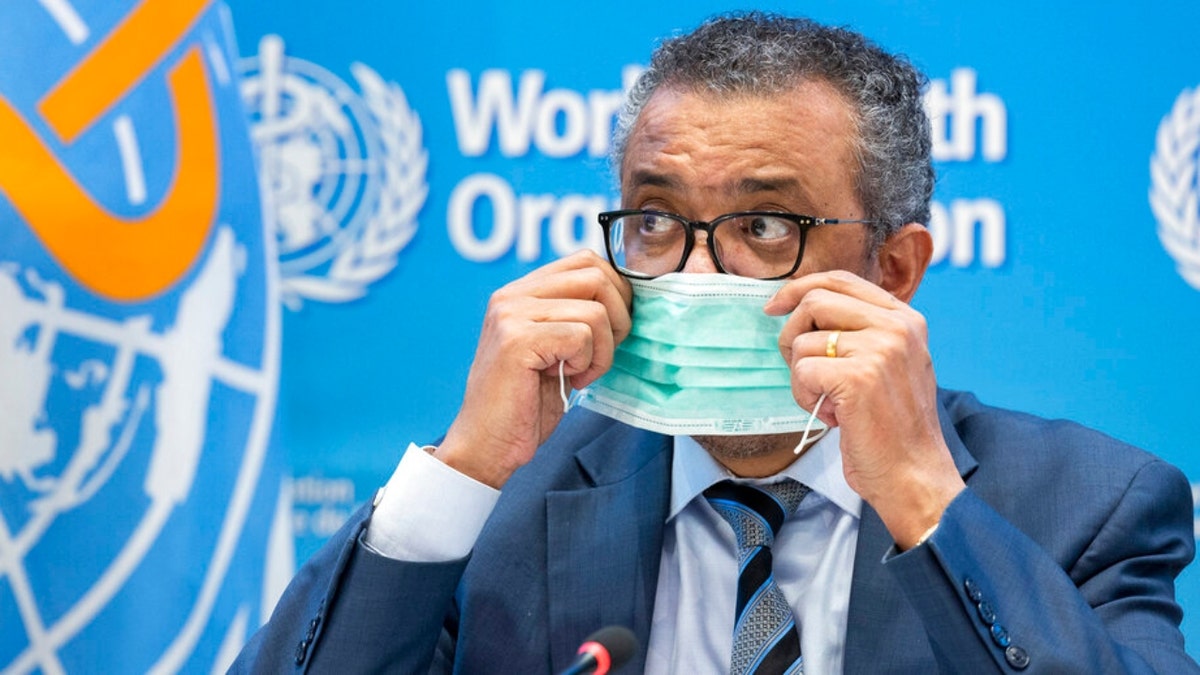
FILE - Tedros Adhanom Ghebreyesus, Director General of the World Health Organization (WHO), removes his protective face mask prior to speaking to the media at the World Health Organization (WHO) headquarters in Geneva, Switzerland, on Dec. 20, 2021. ((Salvatore Di Nolfi/Keystone via AP, File))
The academics wrote that precautions should be "as ongoing practice that can be dialed up when necessary rather than a switch that turns on or off completely." They went on to proclaim, "We should always encourage mask-wearing during fall and winter seasons (as these respiratory viruses tend to transmit more efficiently in colder weather due to changes in humidity and how much time people spend indoors) and in busy places like mass transit and grocery stores."
But not all health experts share the idea that disease prevention methods should continue to be top-down mandates, nor that they are healthy for American families.
Former Planned Parenthood president Dr. Leana S. Wen, who had previously supported strict COVID measures, explained in an August op-ed for The Washington Post that her family will now accept a certain amount of inevitable risk in order to return to relative normalcy.
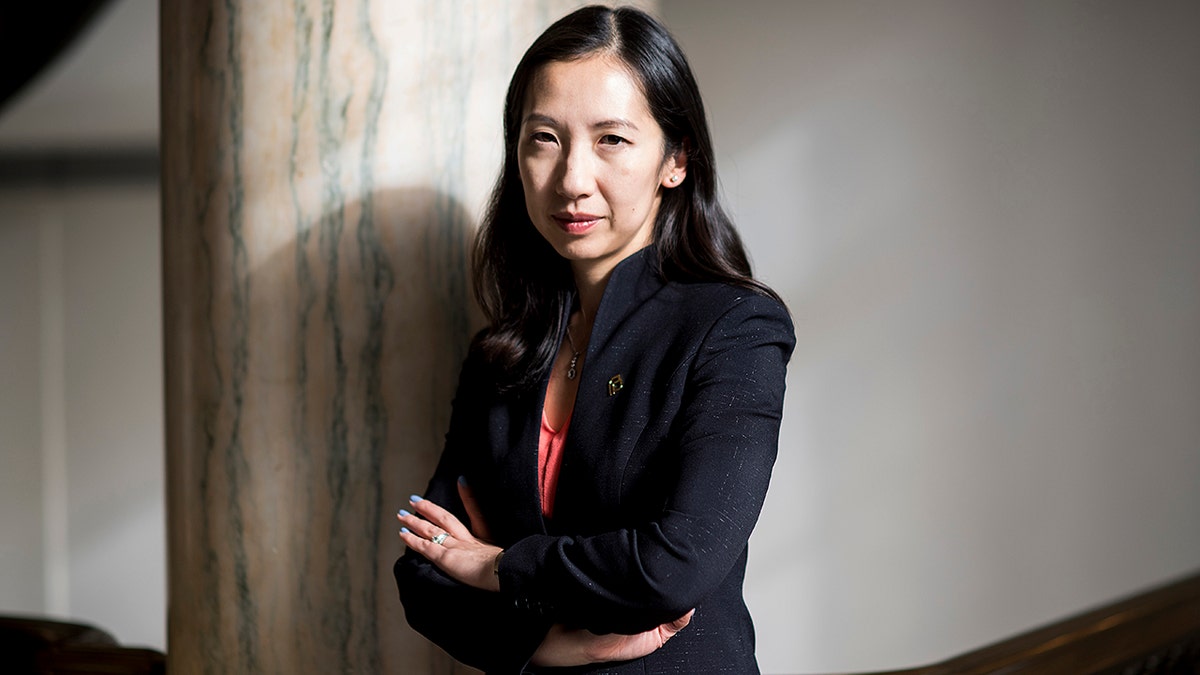
Dr. Leana Wen, the former president of the Planned Parenthood Federation of America and the Planned Parenthood Action Fund. (Photo By Bill Clark/CQ Roll Call) (Photo By Bill Clark/CQ Roll Call)
CLICK HERE TO GET THE FOX NEWS APP
"Masking has harmed our son’s language development, and limiting both kids’ extracurriculars and social interactions would negatively affect their childhood and hinder my and my husband’s ability to work," she explained.
She later acknowledged, "I began trying to think of the coronavirus as I do other everyday risks, such as falls, car accidents or drowning," she noted. "Of course I want to shield my children from injuries, and I take precautions, such as using car seats and teaching them how to swim. By the same logic, I vaccinated them against the coronavirus. But I won’t put their childhood on hold in an effort to eliminate all risk."









